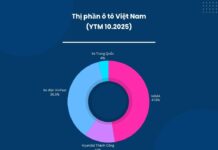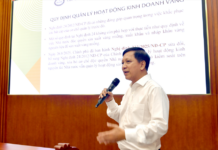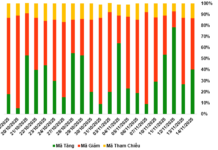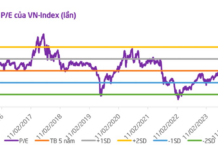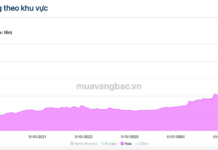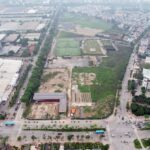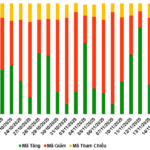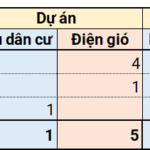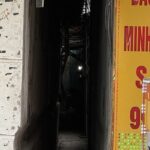
The integration of technology with cultural heritage in Vietnam marks a significant step forward, powered by the country’s first physical-digital technology solution invented by Huy Nguyen, co-founder of Phygital Labs.
This innovative approach involves embedding NFC Nomion chips into ancient artifacts, creating authenticated replicas certified by the managing authorities. These replicas are intended to be sold as souvenirs to tourists, providing additional revenue for artifact conservation efforts.
The application of this technology was showcased at the inauguration of the National Innovation Center (NIC) in late 2023, featuring a Vietnamese mythical creature, the “Nghi,” cast from an original at the Van Mieu (Temple of Literature) site. The replica was equipped with an integrated chip that, when scanned with a smartphone, revealed comprehensive information about its origins, size, 3D images, and legends.

While NFC Nomion technology is not new globally, its implementation in Vietnam holds great potential for promoting tourism, enhancing cultural heritage awareness, and generating significant revenue for the country.
A notable example of its success can be found in Henan Museum, China. From December 2020 to November 2021, the museum sold over 100 different types of “museum blind boxes” containing replicas of ancient artifacts, generating USD 4.7 million in revenue. This unique approach to selling archaeological replicas captivated the public and attracted 6 million visits during its first month.
In Egypt, Konouz, a company authorized by the Ministry of Tourism and Antiquities, produces and sells tourist souvenirs that are precise replicas of ancient artifacts, complete with certification from the Ministry. This initiative protects Egypt’s intellectual property and cultural heritage while generating significant revenue.
Phygital Labs, a Vietnamese startup co-founded by Huy Nguyen and Nam Do in 2023, has invented the core technology solution, Nomion, which has applications in various industries, including fashion, agriculture, and cultural preservation.
Huy Nguyen, formerly the youngest senior manager at Google and known for bringing the Internet to remote regions, is no stranger to the tech industry. He led the team that created the Google Pixel Buds wireless headphones experience and initiated the “Next Billion Users Initiative” to bring internet connectivity to underserved regions.

Huy Nguyen, CEO of Phygital Labs
Despite a promising career at Google, Huy Nguyen chose to return to Vietnam to pursue his entrepreneurial dreams. He encountered numerous challenges along the way but remains proud of his decision. He believes that Vietnam has the potential to become a hub of innovation and encourages others to embrace the startup spirit to achieve greater success on the international stage.
Phygital Labs was established with the vision of transforming culture into a thriving industry. Huy Nguyen points out that countries like Thailand, South Korea, China, and the United States have already recognized the economic potential of their cultural industries. He believes that Vietnam can follow suit by leveraging phygital technology to produce and market authenticated souvenir replicas of cultural artifacts and heritage sites.
With over 10,000 festivals, 40,000 cultural relics, and 3,000 craft villages, Vietnam possesses a vast market for souvenir products. Phygital Labs is currently experimenting with a business model that includes a 5-10% royalty fee on each souvenir item, which, at an average price of $10 per item, could generate significant revenue for cultural preservation efforts.
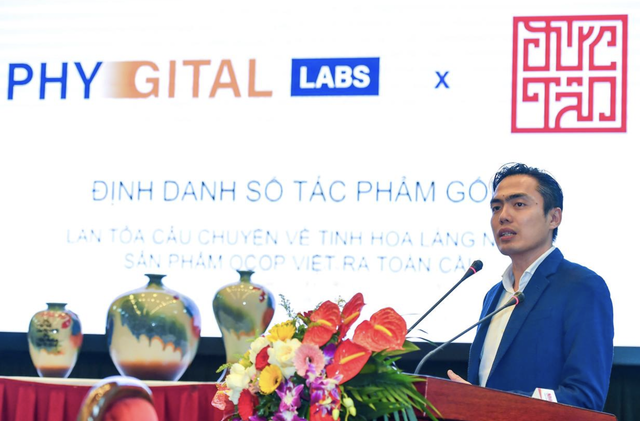
Huy Nguyen – Former Youngest Senior Manager at Google, Bringing the Internet to Remote Regions
As a pilot project, Phygital Labs collaborated with the Van Mieu site to create a replica of the Nghê statue embedded with an NFC chip. When scanned with a smartphone, users can access information about the statue’s ownership, history, and origins, as well as experience the first physical-digital book in Vietnam, adapted from “Nghê nơi cửa Khổng sân Trình” by Dr. Tran Hau Yen The.
This initiative has gained traction, with hundreds of people now owning the chip-embedded Nghê statue, reflecting a personal connection to traditional art. Following this success, “Vun Art,” a renowned handicraft facility run by people with disabilities in Hanoi, created a silk-patched clothing line featuring the Nghê statue, further spreading cultural awareness.
Phygital Labs also partnered with the Center for Preservation of Hue Ancient Capital to develop a digital exhibition platform for the imperial artifacts of Hue, integrated with modern devices like Apple Vision Pro and Meta Quest. This platform attracted nearly 4,000 experiences in just ten days, showcasing the potential for digital engagement with cultural heritage.
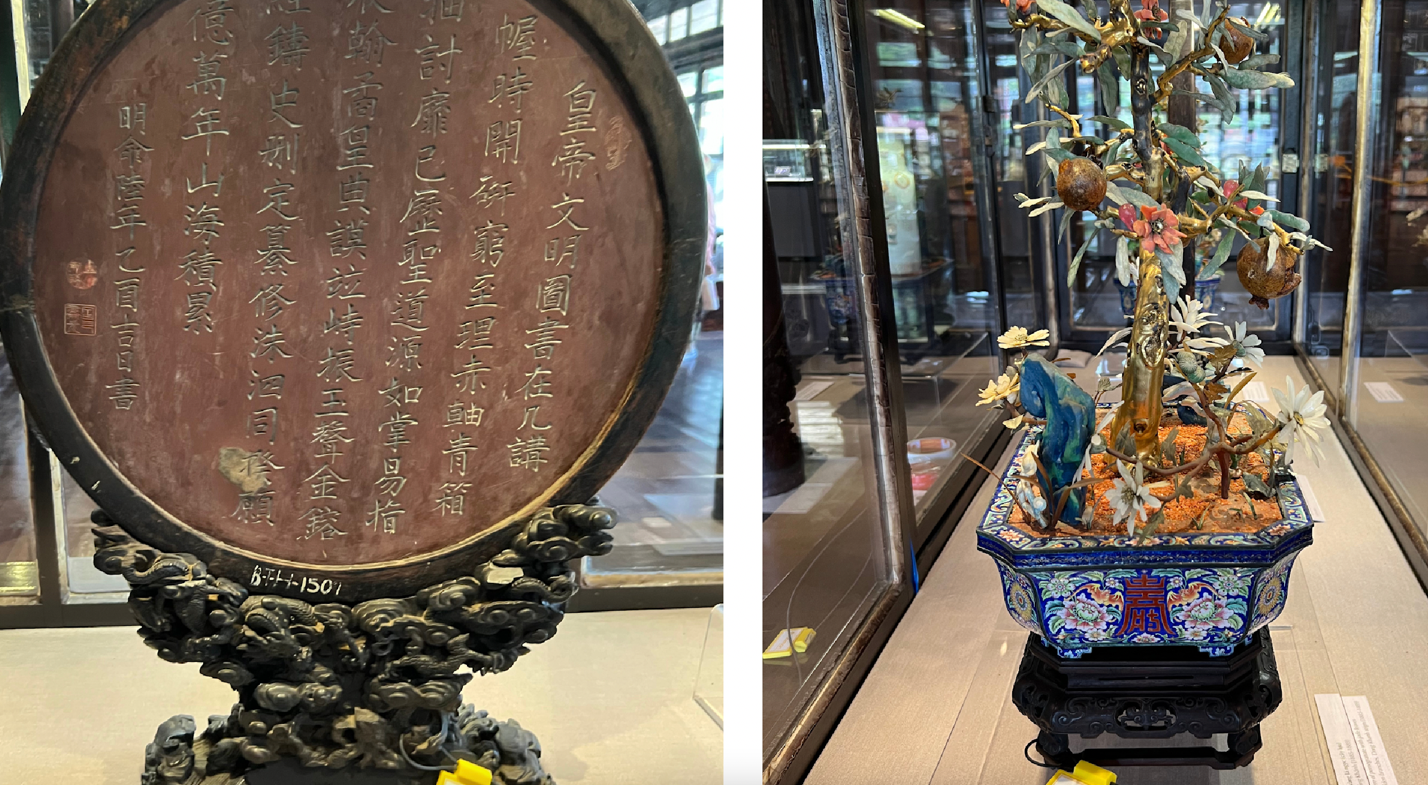
Image: Ancient artifacts and heritage sites equipped with NFC chips
Phygital Labs has actively collaborated with various provinces and cities, including Hue, Danang, the Mekong Delta region, Quang Ninh, Ninh Binh, Hanoi, Lao Cai, and others, to implement its technology solutions.
In the coming months, Phygital Labs plans to refine its product packaging and establish partnerships with state agencies for certification and manufacturing entities to perfect its business model. The company aims to expand its reach within Vietnam and Southeast Asia and prepare for a global launch by 2025.
However, Huy Nguyen acknowledges the challenges ahead, especially when introducing new technology to a developing country like Vietnam. He emphasizes the importance of combining innovation with existing, familiar elements to create effective solutions. Additionally, he believes that timing plays a crucial role in the success of new technologies and products, requiring a strategic approach to gain widespread adoption.
Despite these challenges, Phygital Labs remains committed to its vision of promoting Vietnam’s cultural heritage and driving the growth of the cultural industry. With the right combination of technology, partnerships, and timing, the company is poised to make a significant impact in the years to come.
Land restitution – 32 cases of state reclaiming land for economic and social development under new law
The Land Law (amendment) has been passed by the National Assembly and will come into effect on January 1, 2025. It regulates 32 cases of land reacquisition for socio-economic development purposes.
Chairman of Economic Committee: ‘Halong Bay as a residential area in the core zone is certainly not a good idea’
Previously, Quang Ninh province had to spend hundreds of billions to relocate houseboats on Ha Long Bay out of the core zone to build a resettlement area, said Mr. Vu Hong Thanh – Chairman of the Economic Committee.





